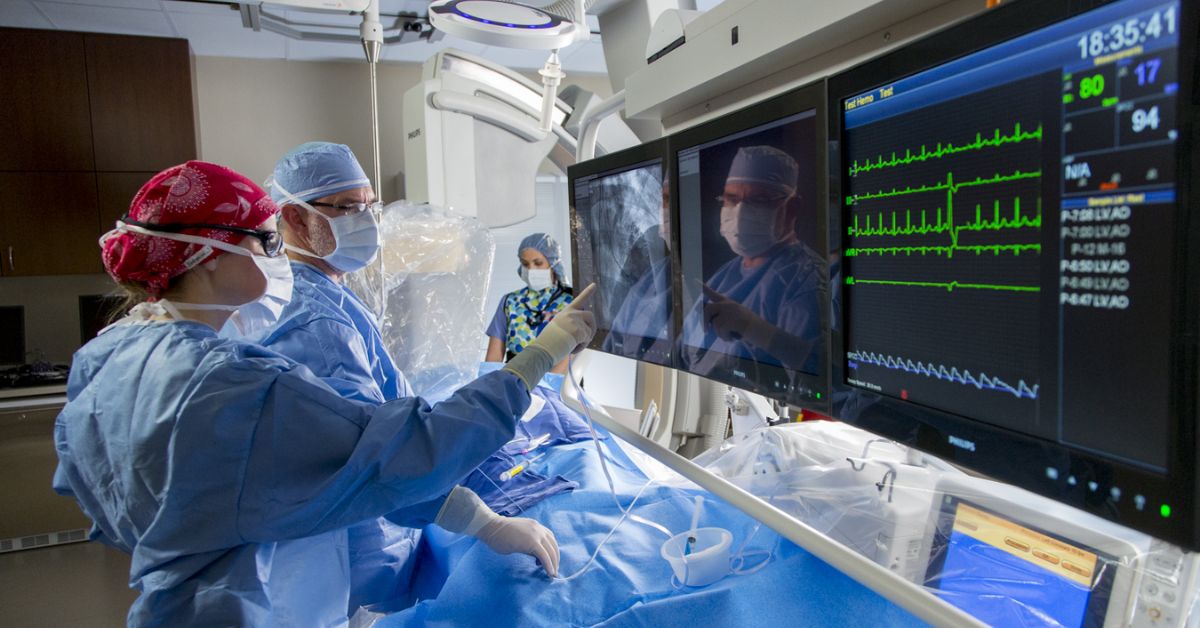
Acquiring a medical license through the IMLC
Updated as of February 8, 2019.
The licensing process used to be pretty easy. Physicians would graduate from medical school, complete their residency and maybe a fellowship or two, get a job and a state license, and then stay in one place for the majority of their career. But thanks to growing physician demand and the increasing popularity of locum tenens work, it’s just not that simple anymore.
Some physicians find themselves working for groups that operate in neighboring states; others take locums assignments all over the country. There are physicians providing telemedicine services and others who simply choose to take a new job in a state that they’re not yet licensed in.
Any of the reasons above could lead a physician to get licensed in multiple states. That’s where the Interstate Medical Licensure Compact (IMLC) can help. The IMLC makes obtaining a medical license in more than one state much simpler than it’s ever been.
Before the compact, each state had to establish its own licensing requirements which made applying for multiple licenses a very lengthy process. The IMLC allows licensed physicians to practice across state lines within the Compact as long as they meet the following eligibility requirements:
- Hold an unrestricted medical license in a Compact Member State that can serve as a state of principal license (SPL), and at least one of the below must be true:
- Your primary residence is in the SPL
- At least ¼ of your practice of medicine occurs in the SPL
- Your employer is located in the SPL
- You use the SPL as your state of residence for federal income tax purposes
- Have graduated from an accredited medical school, or one listed in the World Directory of Medical Schools
- Successful completion of ACGME or AOA accredited graduate medical education
- Passed each component of the USMLE, COMLEX-USA, or equivalent in 3 attempts or less
- Hold a valid specialty certification or time-unlimited certification by an ABMS or AOABOS board
- Must not have any history of disciplinary actions or controlled substance actions toward your medical license
- Must not have any criminal history
- Must not be under investigation at the time of application
The application process leverages the information previously submitted for the physician’s license in their SPL to expedite things. The SPL will verify the physician’s information and run a new background check. Once qualified, the physician can choose any number of Compact states to practice in.

There are currently 21 states actively participating in the IMLC: Alabama, Arizona, Colorado, Idaho, Illinois, Iowa, Kansas, Maine, Minnesota, Mississippi, Montana, Nebraska, Nevada, New Hampshire, South Dakota, Tennessee, Utah, Washington, West Virginia, Wisconsin, and Wyoming. While the IMLC has been passed in Pennsylvania, Maryland, Michigan, Washington, D.C., and Vermont as well, implementation in those states is currently delayed.
Since the IMLC began last April it has processed nearly 2,399 applications and issued more than 4,511 licenses. This new service offers a huge benefit to the physicians who need the licenses, as well as to the patients they are able to serve.
For more information about the IMLC, visit www.imlcc.org.
 company
company 
 (877) 880-0346
(877) 880-0346












